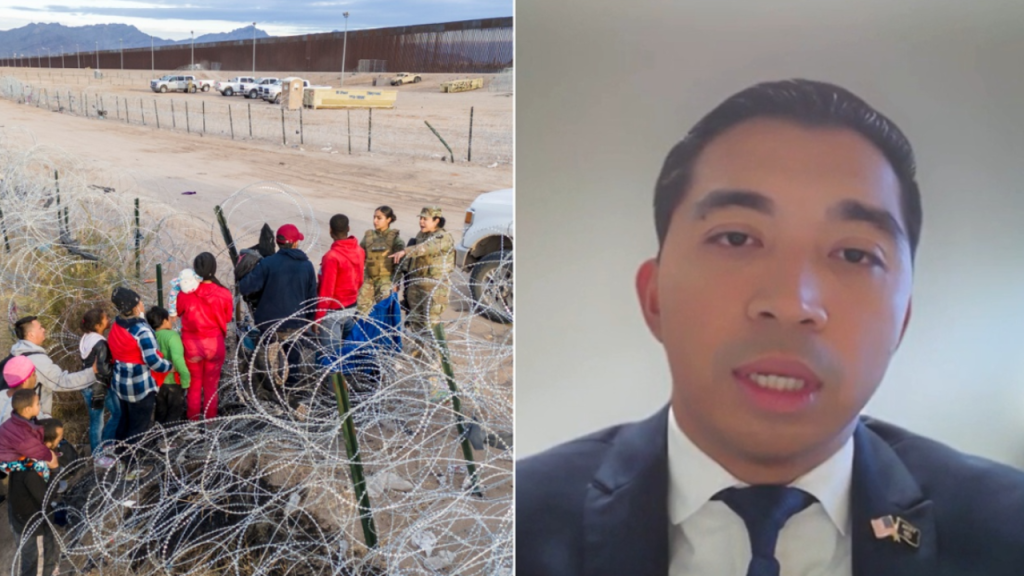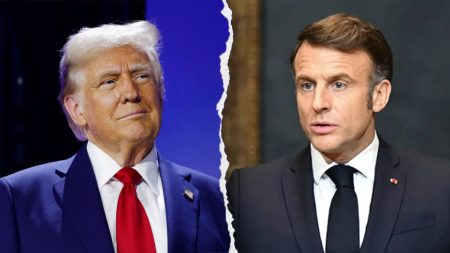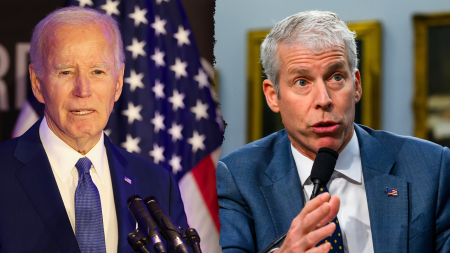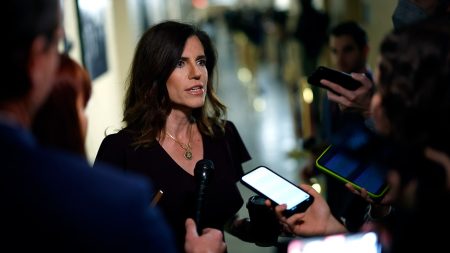Orlando Sonza, an attorney and former Republican congressional candidate, argues that President Trump’s victory represents a clear mandate from the American people to implement his immigration agenda fully. He emphasizes the need for strong leadership, collaborative relationships, and adherence to the rule of law to achieve these goals. Sonza believes that the most significant obstacle Trump faces is the resistance from public officials in liberal jurisdictions who defy federal immigration laws through sanctuary policies. He contends that Trump’s firm stance against these policies demonstrates the leadership required to restore the rule of law and prioritize national security and community safety. According to Sonza, holding sanctuary cities and jurisdictions accountable is crucial to addressing the problem of illegal immigration.
Sonza underscores the importance of deportation as a necessary tool for rectifying the perceived failures of immigration policy over the past four years. He champions Trump’s prioritization of deporting dangerous individuals, including human traffickers, drug cartel members, and violent gang members. He believes these individuals exploit loopholes in the immigration system, posing a significant threat to communities and national security. Sonza also supports Trump’s focus on individuals who re-enter the U.S. illegally after deportation and those who overstay their visas, as these actions demonstrate a disregard for U.S. sovereignty and legal processes. He frames Trump’s plan as an effort to protect the integrity of lawful immigration and ensure fairness for those who abide by the rules.
According to Sonza, Trump can overcome resistance to federal immigration law by withholding federal funding from sanctuary cities and promoting cooperation between federal and local law enforcement agencies. He expresses confidence in the potential for greater cooperation than anticipated, believing that Trump’s plan resonates with many Americans who seek solutions to the challenges posed by illegal immigration. He asserts that this collaboration will enhance community safety while upholding the rule of law.
Sonza addresses concerns about the cost of mass deportations, acknowledging his initial reservations before conducting further research. He argues that the long-term financial burden of allowing illegal immigrants to remain in the United States far exceeds the cost of deportation. He cites conservative estimates indicating that illegal immigration costs taxpayers $151 billion annually. As the son of legal immigrants, Sonza aligns himself with what he calls the “overwhelming number of Americans” who voted for Trump, emphasizing their shared belief that illegal immigration represents a critical challenge to the nation.
Sonza attributes Trump’s victory to a voter desire to return to “law and order,” expressing confidence that Trump’s leadership and aggressive implementation of his deportation plan will yield positive results. He contends that illegal immigration has negatively impacted Americans, compromising safety, undermining national security, and exacerbating issues like the opioid epidemic. He cites the influx of drugs like fentanyl as a direct consequence of lax immigration enforcement.
Ultimately, Sonza advocates for a return to a nation where laws are respected and the safety and best interests of all people, both citizens and those seeking to enter the country legally, are prioritized. He believes this can be achieved by upholding the rule of law, enforcing immigration regulations, and ensuring that immigration occurs through legal channels. He frames Trump’s immigration agenda as a necessary step toward achieving this goal. This approach, he asserts, will address the negative impacts of illegal immigration while protecting the interests of American citizens. He also emphasizes the importance of legal immigration and its contribution to the fabric of American society.










